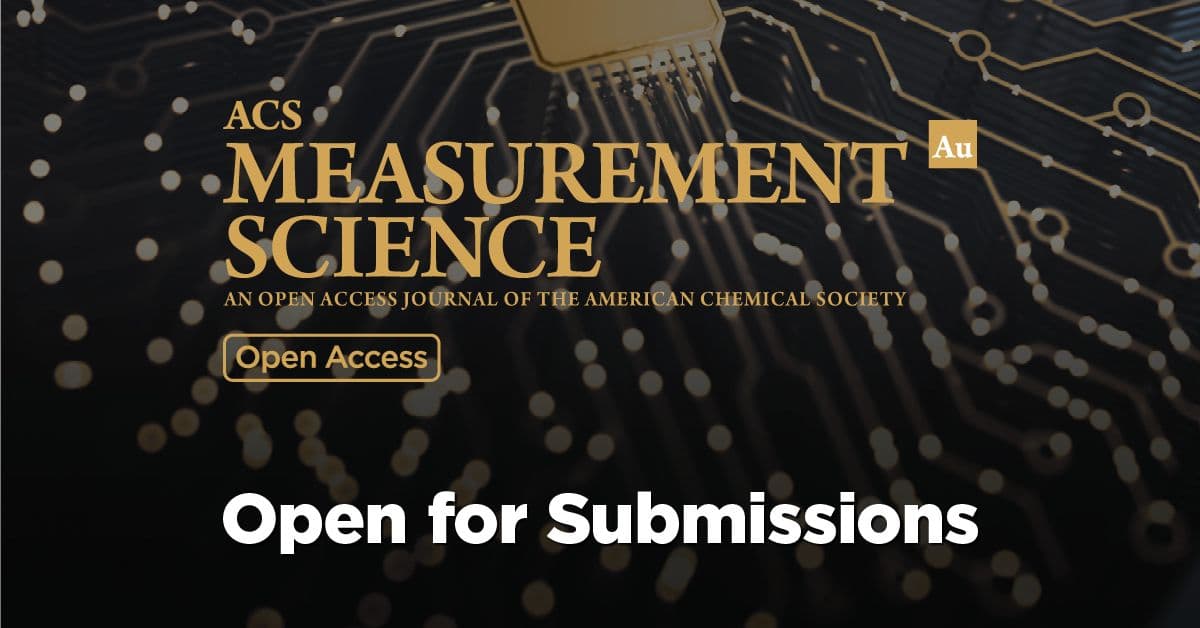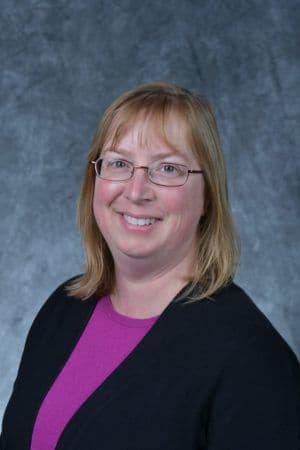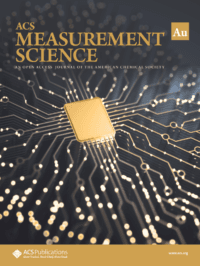Professor Shelley Minteer, the journal's Deputy Editor (and Editor-in-Chief for the entire ACS Au portfolio) discusses her research journey, provides tips for aspiring researchers, and reveals her most desired superpower.

ACS Measurement Science Au launched in January 2021. This broad-scope open access journal provides measurement scientists and analytical chemists with a high-quality outlet for their research if they want to publish open access or if their funder requires them to do so.

Professor Shelley Minteer from The University of Utah is the journal’s Deputy Editor (and also Editor-in-Chief for the entire ACS Au portfolio of open access journals). In this interview, she reveals more about herself, offers her top tips for developing a research career, and shares what her superpower would be.
So, Shelley – what drew you to measurement science?
My Quantitative Analysis and Instrumental Analysis classes in college. I really enjoyed learning about the different instrumental techniques and applying that knowledge to troubleshooting in the lab each week. I went to graduate school knowing that I wanted to be an analytical chemist, but thinking that separations was going to be “my area” until I took Johna Leddy’s electrochemistry course and realized my passion for electrochemistry.
What were the biggest challenges for you in developing a research career?
I started my career wanting to develop a research program in spectroelectrochemistry, but some things are not meant to be. As a first-year assistant professor, I spent a great deal of time navigating the purchasing process for an EPR and it was delivered about midway through my second year as an assistant professor and the delivery crew dropped it off of the back of the truck and it rolled around on the cement loading/unloading area. Needless to say, that is not a good situation for an EPR. I remember going home that night and thinking that I would never get tenure, but I put my effort and my students’ efforts into a side project on bioelectrochemistry in the lab and the rest is history.
Do you have any tips for aspiring researchers to help them develop their careers?
Prioritize!!!! We only have so much time, so focus on the things that really matter.
What does open science mean for you as a researcher?
To me, open access is just one part of open science. For the advancement of science, we want all scientific advances to be available to all scientists (and non-scientists who are interested) to learn from, so publishing open access is important, but for the future of science (especially machine learning), we also want the data to be available, so I think open science is really making everything a scientist would be interested in available to all scientists to read and use.
As the Deputy Editor of ACS Measurement Science Au, what are you looking for in a paper?
We are looking for the best papers in any area of chemical measurement science from spectroscopy to separations to imaging and electrochemistry. This includes the measurement methods, but also sampling and data analysis.
Finally, if we could grant you one superpower: what would it be, and why?
Teleportation. My favorite part of COVID is not going to the airport and not climbing on airplanes, so if I could just teleport around the world, it would be great.
ACS Measurement Science Au is ready to receive your research. It will be subject to the same robust, fair, and efficient peer review of all ACS journals to ensure it promotes science that truly advances measurement science and analytical chemistry. And open access brings the main benefit that all interested readers have instant access, meaning your work can make more of an impact, quicker.
